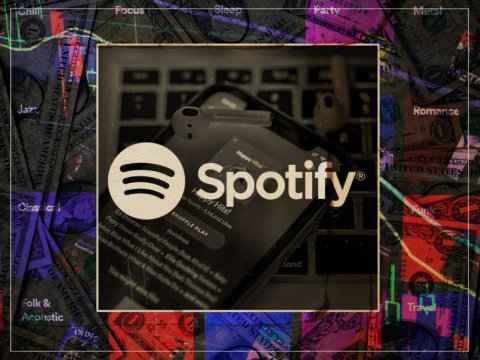Artists do not feel able to reflect the full gamut of their identity, according to findings from research by disabled-led theatre company, Vital Xposure (VX), and their collaborators, Bristol Old Vic.
In certain spaces, racial identifiers appear to take precedence over disability and vice versa, the VX Labs Report: Decolonising Disability report claims, with researchers finding participants felt “intersectionality is essential but rarely supported”.
Findings released today (14 October) reveal that disabled artists belonging to the global majority – a term used to refer to people of African, Asian, indigenous, Latin American or mixed-heritage backgrounds – feel they too often have to parse their sense of self and experiences, with “many” left feeling “unsupported, underpaid or forced into unpaid emotional labour”.
Singular ‘boxes of difference’
VX Labs form part of a three-year research programme supported by Arts
Council England (ACE). The programme is delivered in partnership with the Royal Central School of Speech and Drama as well as regional theatres, and explores opportunities surrounding improved access and inclusivity.
Participants in the latest VX Lab – which in summer last year brought disabled artists from the global majority into workshops at Bristol Old Vic to “create” and “deliver” an ideal “safe space” in which they’d like to work – told researchers they are keen to see a clear differentiation between “meaningful inclusion and tokenism”.
One of the key issues identified was an absence of strong data collection regarding the overlap between global majority and disabled arts workers.
The report references Statistica data from July this year, finding that approximately 7% of staff in ACE’s National Portfolio are disabled. Around 11% of the same workforce identifies as global majority.
But the report finds that “few statistics exist that report how many people have lived experience of the intersection of disability and ethnicity”, adding: “Within the arts sector in the UK, we continue to count people in singular boxes of difference.”
In addition to concerns about fragmented identity, participants expressed fears around advocating for themselves in institutionalised settings.
“As a person of colour, as a foreigner, I don’t feel that I am entitled to expect institutions to cater for me at all,” one person, reflecting on their time at drama school, said. “It’s something that I am still wrestling with.”
‘Trauma mining’
Another key anxiety cited by participants was the expectation to trade on their life experiences.
One respondent said it needed to be understood that one doesn’t have to “create art that is explicitly about your lived experience”, a process they said could feel like “trauma mining”.
In order to feel more a part of the arts sector, and therefore less marginalised, participants voiced the value of the collective power of increasing access.
“Spaces must be intentionally inclusive, and leadership must reflect the
lived experience of those it aims to support,” researchers write.
Recommendations for the sector
Those looking to take the findings from the VX Labs’ latest iteration further are encouraged to create “intentionally designed, intersectional spaces”, in which artists can “bring their whole selves without being forced to perform their identity”.
Organisations are asked to remember to pay artists for their consultation, and to create systems that allow those artists to retreat when administrative or emotional burdens do crop up.
“Budget realistically and flexibly for access needs,” the report advises, adding: “Don’t penalise or exclude artists because their access needs are perceived as too ‘costly’.”


